
The Secret to Perfect Prayer – A New Light
There are two elements to a perfect prayer which is always accepted and can yield even instant results…

Rabbi Arush reviews two cases that appear in Gemara Rosh Hashanah, page 18a. Two people were both seriously ill. They both had the exact same illness to the exact same extent and they both prayed. One was healed, and the other died. There were also two defendants who were going to face capital charges. Both of them also prayed. One was acquitted and set free, while the other was convicted and executed.
Prayer helped to nullify the decree for two of them but for the other two it did not help. Why? Rabbi Meir answers that the two who were saved prayed a perfect prayer, whereas the two who died did not. Rashi explains that a perfect prayer means having kavana – intention.
Rabbi Arush says that he was always troubled by this Gemara. How could it be that the two who died lacked proper intention? After all they were in desperate life and death situations. Didn’t they want to live?
Rabbi Arush continues by giving us an account of one of his students who was wading in the sea and was pulled into the depths by a strong undertow. He desperately tried to swim to safety but was unable to do so. He knew that only Hashem could help him and he began to cry out as best he could with all the water he had swallowed: “Master of the Universe – You have to rescue me!”
Almost immediately, he felt something strong coming from behind him. It was a large wave which lifted him up and threw him onto the shore. He received medical treatment and with Hashem’s kindness, he quickly recovered.
From these accounts, Rabbi Arush concludes that two central characteristics are required for prayer to be answered: Wholeness of faith and wholeness of will. In the cases that the Gemara describes and in the account of his student who almost drowned, they certainly had wholeness of will. All of these people wanted to live. However, in order for our prayer to be complete, we also need wholeness of emuna – of faith. This is the emuna that Hashem wants to rescue us, save us and heal us. Without fully believing in this, our prayers will be weak.
You need to believe that Hashem loves you and wants the best for you. Moreover, it makes no difference whether or not you are worthy! Believe that Hashem the Compassionate Father loves you unconditionally. You must believe it’s Hashem’s will to save you.
The young man who almost drowned and cried out to Hashem expressed the faith that Hashem wants to save everyone and give everyone life. Similarly, all four people mentioned in the Gemara certainly prayed with the emuna that there is none other than Hashem, that only He could rescue them, and that their only hope was to cry out to Him.
However, there was a difference in their wholeness of emuna. Those who were saved attained the wholeness of emuna that Hashem wanted to save them. Consequently, their prayer was complete: a strong prayer, plus an absolute request without any coldness of spirit. As for those who were not rescued, although they wanted to live and felt death hovering above their heads and their hearts were on fire within them, they did not believe with a wholeness of faith that Hashem loved them and wanted to rescue them.
It is true that we must thank Hashem deeply with all our hearts for every trouble and problem that we experience. Rabbi Arush has written a wonderful book called Say Thank You and See Miracles which teaches that we must thank G-d for our difficulties and challenges in life. At the same time, this must be balanced with the faith that Hashem loves us and wants to save us.
We may not allow our prayer and outcry to weaken our emuna that everything is for the good. At the same time, we may not allow our emuna that everything is for the good to undermine our steadfast belief that Hashem certainly wants to save us.
Rabbi Arush explains that there are two types of thanks. There is a thanks in which a person believes that Hashem wants to save him, and he knows that his vessel to draw down that salvation is thanking Hashem with all his heart. In this way expressions of gratitude are a wonderful personal practice to help scale the ladder of faith and he will be saved. That is called “I said ‘Thank you’ and I was saved.”
There is also a thanks that is a resigned acceptance of one’s fate, a stoic feeling that there’s nothing I can do and this is the best I can expect. Rabbi Arush says this second kind of faith is deeply lacking in its awareness that Hashem loves us and wants to save us. This is called, “I said ‘Thank you’ and I slept.”
Rabbi Arush explains the proper balance. Regarding regular problems of life and even difficult but not immediate problems, we must walk on the path of immense gratitude and thanking Hashem. However, regarding urgent and burning problems that threaten immediate physical or spiritual danger, it’s clear that there is no time for extended thanking Hashem. Instead we must cry out unequivocally with the emuna that Hashem wants to save us right now.
Rabbi Arush says we need to review the following idea until it becomes an integral part of our lives. Hashem is all-powerful, and He always wants to rescue every person in every circumstance immediately.
Rebbe Nachman teaches that a person must cry out to Hashem regarding every spiritual matter with a feeling that what he is requesting is a matter of life and death. A person who succeeds to cry out for his spiritual life exactly as people cry out for their physical lives will truly change and rise from day-to-day until he reaches the highest levels. Rabbi Arush says that Rebbe Nachman and the tzaddikim of the generations sensed spiritual danger as strongly as they sensed physical danger. We need to work hard and strive to achieve this proper feeling and intent.
In summary, a complete prayer is expressed in an outcry from the depths of the heart coming from an intense desire for life. There must be a wholeness of emuna that Hashem is all-powerful and that there is no one other than He. It must be imbued with the emuna that Hashem has a Father’s unconditional love for His children and wants to save each of us and give us life.




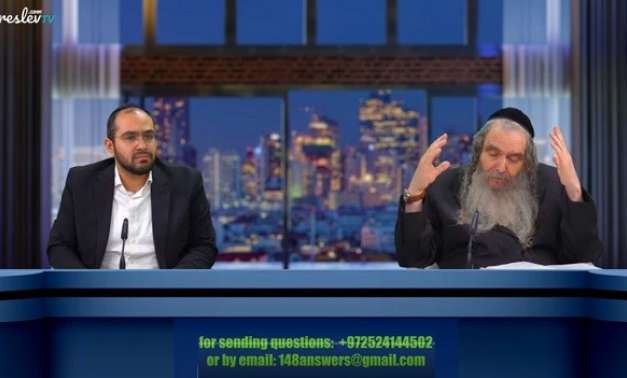
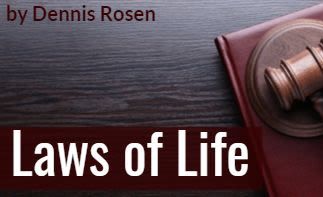


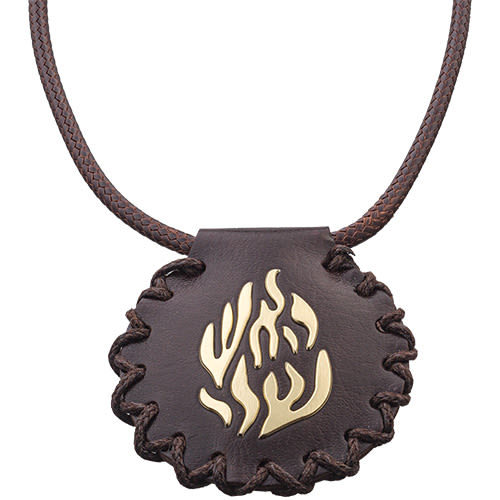


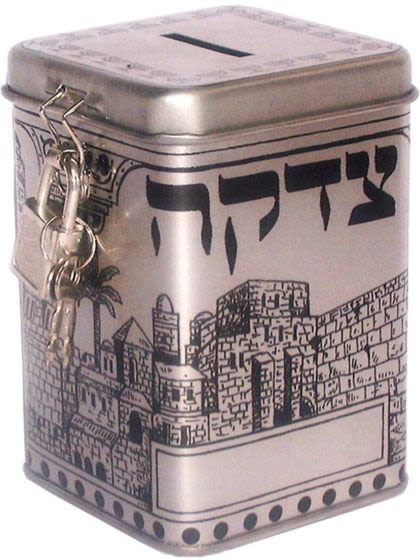
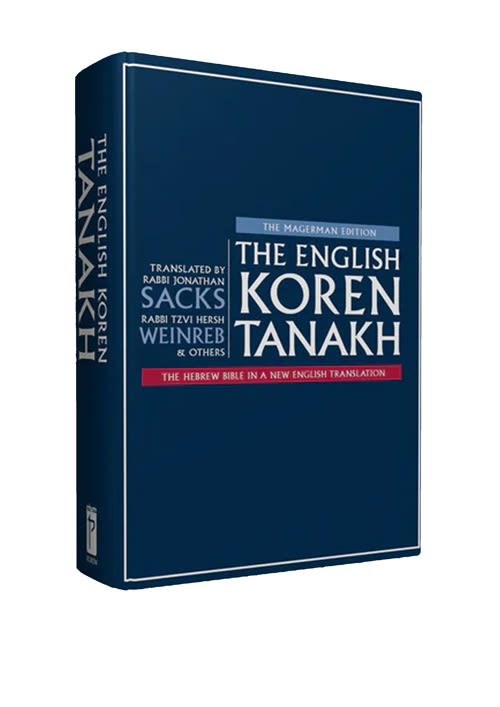
Tell us what you think!
Thank you for your comment!
It will be published after approval by the Editor.